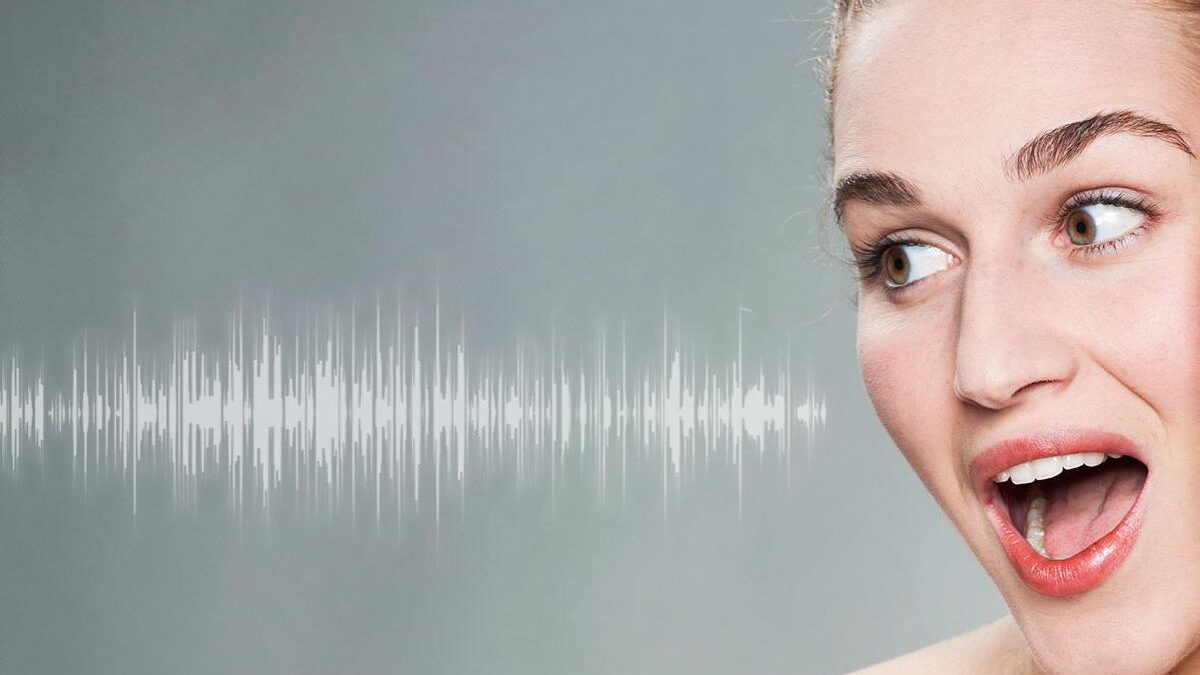
We’ve heard people we know say over the phone: “You don’t sound well.” Voice-assisted tech can now do the same.
Soon, instead of asking Alexa to tell us the weather or turn on the light, we will be able to use our voice to let us know when it’s time to visit a doctor. Voice biomarkers are the next step in healthcare technology. The technology exists and is being developed by several companies.
Evolution of Voice Technology
In the past ten years, Artificial Intelligence and Machine Learning have been used to identify vocal biomarkers for conditions such as dementia, depression and autism. These technologies are becoming better at detecting subtle differences in the way people with certain diseases speak. Biomarkers are objective medical signs that can be observed outside of the patient and measured to accurately diagnose a medical condition. Voice biomarkers can be used as non-invasive diagnostics by clinicians in order to obtain immediate results and initiate proactive treatment.
Machine learning (ML), a form of artificial intelligence, has given voice diagnostics an enormous boost. Researchers are feeding thousands of samples of voice into a computer in order to find distinguishing features which can be accurately associated with medical conditions. Scientists are able to detect abnormalities in voice and compute quickly.
Voice Technology: The Progress of Voice Technology
Vocalis is a voice-analysis company with offices in Israel and America. They have already developed an app for smartphones that can detect flare ups of chronic obstructive lung disease. The technology could detect signs of shortness of breath in users when they spoke. The pilot version of the digital Covid-19 tool is now being tested across the globe. It is not a diagnosis but it helps doctors categorize and identify patients that need to be quarantined at home, receive in-person medical attention, or simply undergo testing. How? You can use the app by simply speaking into it!
Dr. Charles Marmar is a psychiatrist from New York University who has used ML in order to identify vocal features that are associated with male veterans suffering from post-traumatic disorder (PTSD). His system was able identify those with PTSD at a rate of nearly 90% accuracy. According to Dr. Marmar: “Voice has a richness in carrying our emotions signals.” Rate, rhythm, volume, pitch, prosody (stress and intonation) — these features tell you if a patient’s down and discouraged or agitated and anxiety, or if they’re manic and dysphoric.
Voice can also unlock our emotional state. Can it also be used to unlock medical states? Max Little, a University of Oxford researcher in ML/signal processing has demonstrated this. He conducted an experiment a decade ago to detect Parkinson’s, a disease for which there is no definitive diagnosis. He recorded 43 adults, of whom 33 had Parkinson’s. Each participant recorded hundreds of times the syllable ‘ahhh’. Speech-processing algorithms allowed the analysis of acoustic characteristics, which led to the identification and quantification of breathiness and tremulous fluctuations in pitch and tone. The system identified the Parkinson’s patients with a high accuracy rate of almost 99% using these features.
Voice biomarkers are used to detect mental disorders, neurological disorders and respiratory disorders. They can also be used for cardiovascular disorders and traumatic brain injuries. The Mayo Clinic in Minnesota has begun using vocal biomarkers for remote monitoring of heart disease patients. The voice biomarkers industry can be segmented by type.
- Amplitude
- Error rate
- Frequency
- Vocal rise/fall times
- Voice Tremor
- Pitch
- Other
GS Lab, one of many tech companies helping healthcare organizations to develop platforms that allow users to record voice samples in a short time and convert them into analytical data. This data is then used to train data-science models to develop a better understanding of diseases and underlying conditions. Clients can develop new perspectives about screening methods and early diagnosis using end-to-end platforms. These products are being commercialized by companies around the globe.
What is the future of voice technology?
Vocal diagnostics, a relatively new field, is growing rapidly. Market Research Future states that the “market is driven by factors like the increasing prevalence of psychological and neurological diseases affecting speech, such as depression and Attention Deficit and Disruptive Behavior Disorders (ADHD), Parkinson’s Disease (PD), Alzheimer’s disease and Huntington’s Disease, Respiratory, Cardiovascular Disorders and Traumatic Brain Injury (TBI).”
What is the future of this technology? Siri, Alexa, and your robot will be able to listen to you and tell you if you have a cold. These voice assistants, depending on how sophisticated the emotion and speech programming is, may be able detect diagnostic clues from your voice in order to detect various diseases and disorders. The device could be programmed to call your doctor or order medication based on the programming. In the future your smartphone may be your first doctor, offering medical diagnosis. For now, it is important to develop the product with more accuracy before moving from proof of concept.
